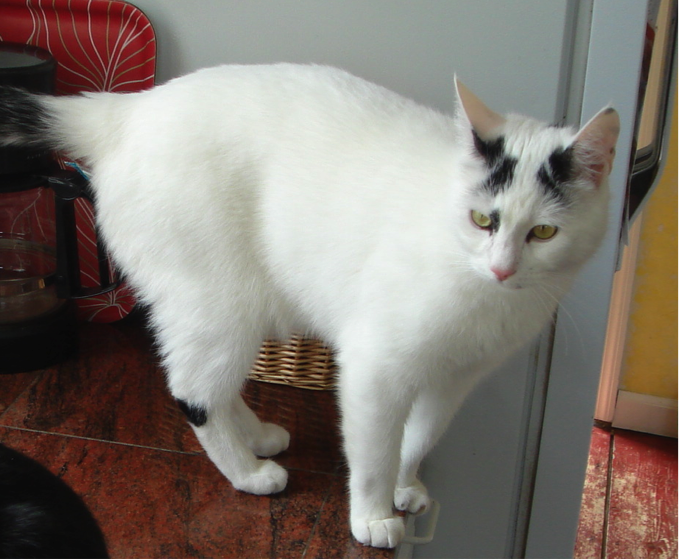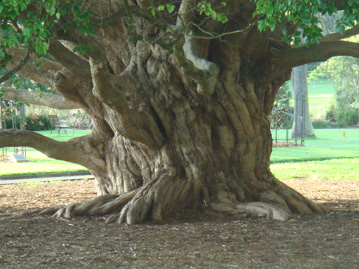Many scientists still do not feel comfortable attributing some sort of cognition to animals. But all of us dog and cat lovers simply know that our beloved pets have a consciousness, albeit different from our's. They recognize different people, know our character (whether we are kind to them or not), can make themselves understood (being bored, being hungry, hurting), and exhibit feelings (mourning when a close mate has died, or exuberance when you take your dog out to run on a beautiful day). My daughter says her Betta fish watches her as she moves about her room.
Maybe Paul the Octopus, who supposedly predicted many 2010 FIFA World Cup outcomes correctly, was instrumental in spreading the idea of octopuses' intelligence to the wider public. I am currently reading Sy Montgomery's delightful new book The Soul of an Octopus. It is quite amazing to find out that these animals, whose beingness seems so much further removed from our's than even cats or dogs, recognize their keepers and distinguish between people they like (reaching out and tasting their skin with their suction cups - yes, they taste with their suction cups, and who knows what they are able to taste, hormones? medication in the blood stream? feelings?) and dislike (water squirting). Octopuses are enormously intelligent and inquisitive and have been known to exit their supposedly tightly secured tanks to go explore. They can go through extreme appearance changes in a matter of seconds, not only to blend in to their environment as protect against predators, but also reflecting their disposition, such as white and smooth when calm, or red and bumpy when excited. Each octopus has a distinct character.
It seems to me that we are slowly entering a new and more inclusive era of understanding the nature that surrounds us - my daughter is into crystals and swears she can feel them pulsating. Please revisit an earlier blog post spiritual cats.




















